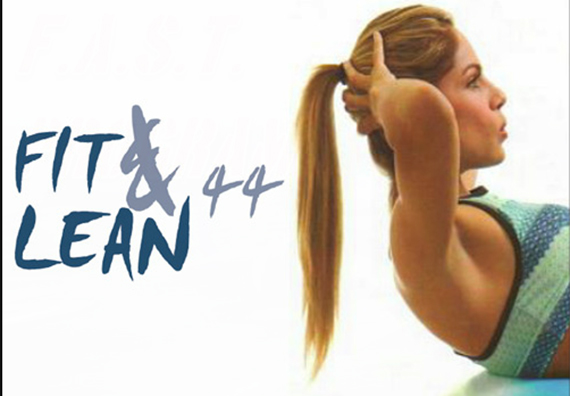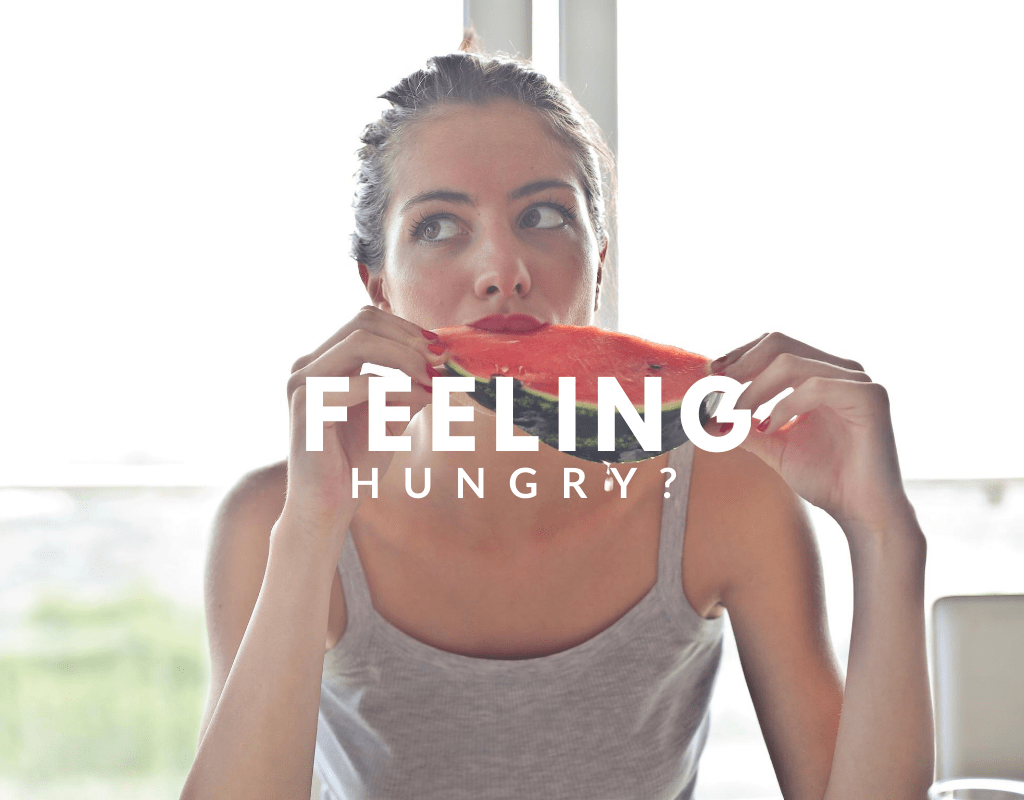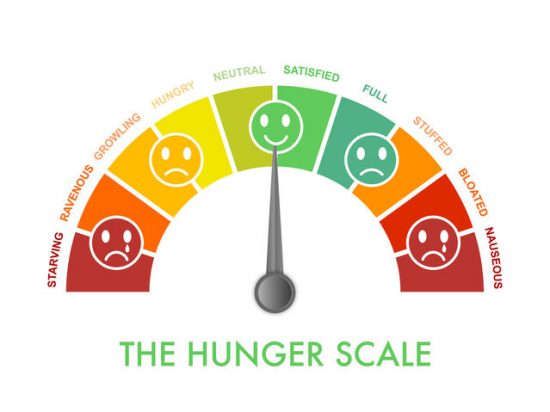Bench Press and Baseball are like Oil and Water; they do not mix.
Working with mainly male, High School and College age, Baseball players, I get a lot of grief about not including Bench Press in programs. Especially, when they see the Football and Hockey players doing it.
When I ask them why they want to bench press so badly I get answers such as; “it’s fun”, “I like lifting heavy” and my personal favourite, “it looks cool”.
It is widely accepted in the baseball world that the reward of getting strong on Bench Press is outweighed by the risk the exercise poses to the shoulders and elbows. My exclusion of Bench Press is not because I want to keep you from ‘looking cool’ at the gym. There are specific and scientifically proven and accepted reasons as to why overhead athletes should avoid this exercise.
Hopefully, this blog will also reach some of the NCAA college programs down south. It BOGGLES my mind when Baseball players in Division 1 Baseball programs come back with Bench Press in their strength programs! No, I am not kidding. It happens…all the time…
Here are 3 reasons Baseball athletes should avoid Bench Press:
- It Exacerbates Negative Adaptations Acquired from Throwing
When you throw thousands of baseballs every year there are a few things that typically happen to the body:
- Increased glenohumeral (shoulder) external rotation
- Decreased glenohumeral (shoulder) internal rotation
- Decreased elbow extension
- Decreased scapular (shoulder blade) upward rotation
- Decline in the quality of the tissues surrounding the shoulder girdle
- Abnormal spinal curvature (usually in the thoracic and lumbar areas)
- Decreased hip mobility
In laymen’s terms:
- Your shoulder gets loose in the front
- Tight in the back
- Elbow doesn’t straighten all the way
- Your shoulder blade doesn’t move well
- The tissue around your shoulder is gritty
- Your spine it hyperextended
- And your hips don’t move
Not a pretty picture. And how does Bench Press help this situation…
IT DOESN’T!
Bench Press actually causes stresses to the body that are extremely similar to those found during a throwing motion:
- Spinal extension
- Scap retraction and depression
- Humeral (upper arm) movement without scaps
- Heavy loads placed on the shoulder girdle
In any sport we use the off-season to re-establish proper movement patterns and mobility, give our arm/shoulder time to rest and correct instabilities and dysfunctions. So why would we want to perform an exercise that does not allow this to occur and can actually exacerbate these dysfunctions?!
Much of exercise selection for athletes comes down to a risk vs. reward. Is the reward (strength gains) worth the risk the exercise places on my athletes? When it comes to Baseball players and Bench Press the risk FAR outweighs the benefits.
- There is Little Direct Transfer to Playing Baseball
Another factor in exercise selection is specificity to the sport. Does this exercise mimic anything the athlete is doing while they are playing? To decide this we need to look two things:
- The plane of movement of the exercise
- Where the movement falls on the force-velocity curve.
Research shows us that power development is highly plane-specific. Meaning that many traditional sagittal plane power movements (vertical movements such as; jumps, sprints, cleans, snatches) have little transfer into throwing. Frontal and transverse plane movements (lateral and rotational) have much more correlation (skaters, medball throws and banded rotations). So, while Bench Press may be a great exercises for an athlete in shot put or kayaking it has little use for a Baseball athlete.
T hanks to our hunting ancestors, humans have mastered the throwing motion. And it has been widely recognized that pitching is the fastest articulated motion a human can produce! This puts throwing a ball at the velocity end of the force-velocity curve. It is a very light load moved incredibly fast. Whereas the Bench Press movement is at the other end; a heavy load moved slowly. The movement is too removed from any movement that occurs in Baseball and therefore, will have little impact on performance.
hanks to our hunting ancestors, humans have mastered the throwing motion. And it has been widely recognized that pitching is the fastest articulated motion a human can produce! This puts throwing a ball at the velocity end of the force-velocity curve. It is a very light load moved incredibly fast. Whereas the Bench Press movement is at the other end; a heavy load moved slowly. The movement is too removed from any movement that occurs in Baseball and therefore, will have little impact on performance.
- The “Meat Head” Factor
Let’s go back to the reason’s my Baseball athletes give for wanting to Bench Press:
People (especially young, hormone driven males) have a tendency to overestimate their strength capabilities while Bench Pressing. I have done it myself and I have seen countless others do it as well.
If my number one goal as a Strength Coach is to keep my athletes healthy and second goal is to improve their performance then I need to choose exercises that are going to keep their inner meat head at bay!
Bench Press done with heavy loads and poor technique can put their most prized possession, their shoulder, in a very vulnerable position. Yes, people will argue that any exercise done with high load carries risk. However, a failed rep in a Push-up has less risk than Bench Press. Risk vs. reward!
“So, watch your athletes and make sure they use proper technique”.
Okay, valid point. However, have you ever tried to coach multiple athletes at one time? Even on my best day it is impossible to see EVERYTHING on the gym floor. And any coach that tells you different is lying.
As a coach I have to pick exercises that are self-limiting, safe and effective, whether I am watching them every second or not. This can mean different things for different sports, positions and individuals. Hence, why I may program Bench Press for a Football athlete versus a Baseball athlete. Have I mentioned risk vs. reward yet?!
The exclusion of the bench press in our baseball programs goes beyond “it’s dangerous for your shoulders.” Even if coached and performed perfectly, our athletes won’t get as much transfer from it as they would from other pressing exercises.
Check back for Part 2 of this Blog where we discuss pressing exercises that are much better suited to baseball players and other overhead athletes!
Email Bskinner@sstcanada.com to book your personal training sessions and shake off quarantine!



















